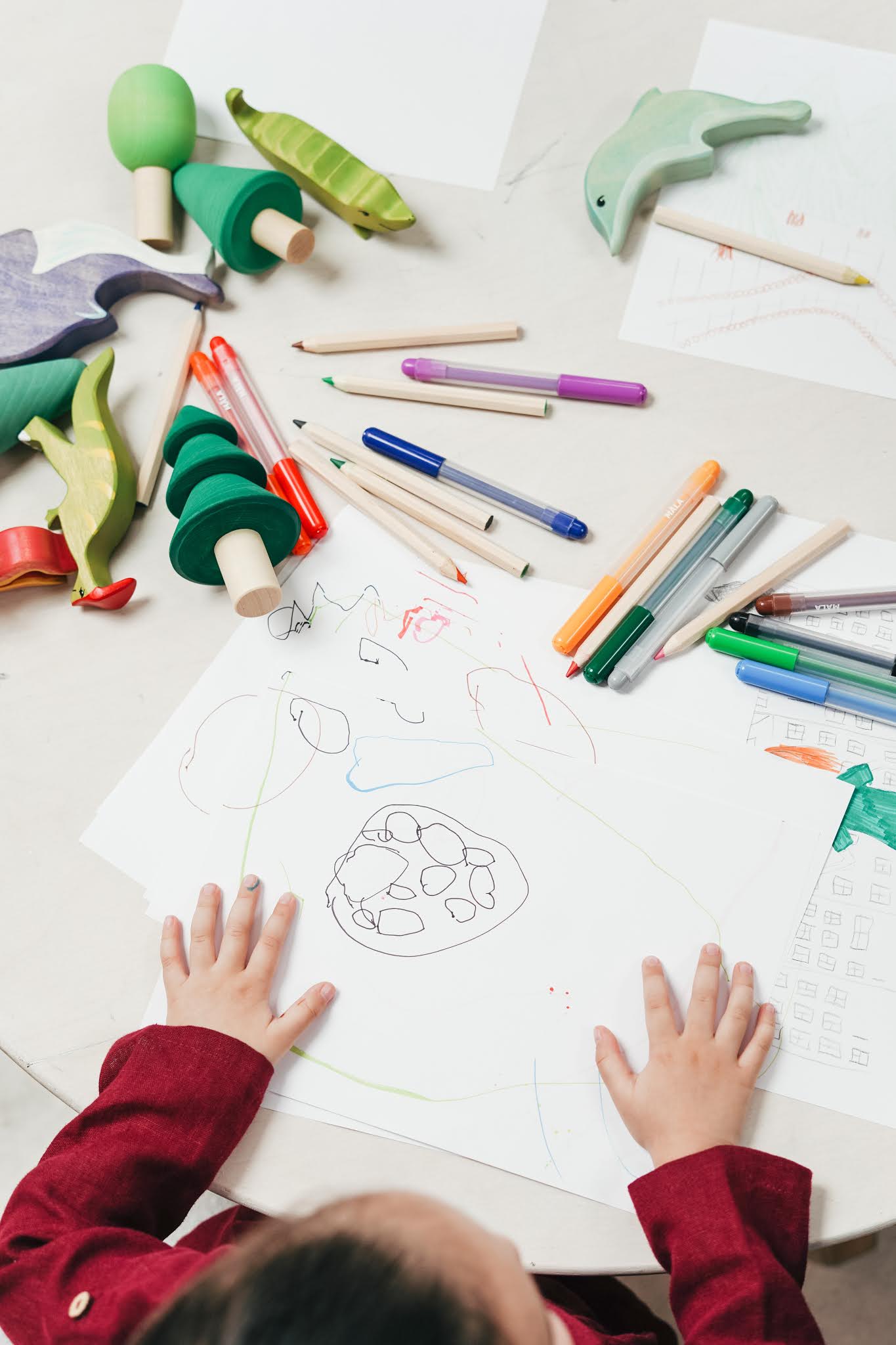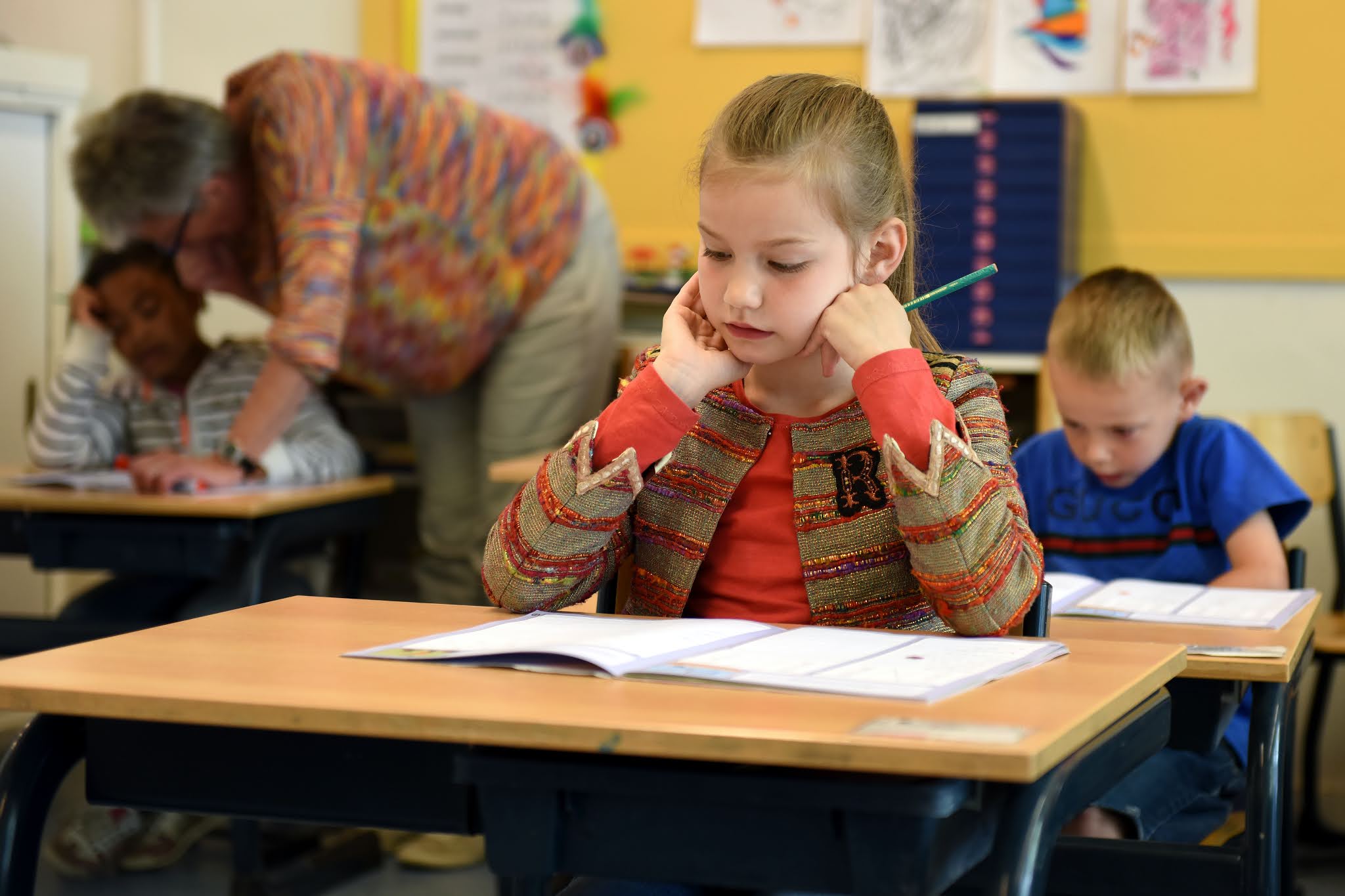Kids flash cards
If you search for the phrase 'toddler flashcards' you will see many reviews on how flashcards are bad for your toddler - but are they? Or does it depend on how they are used?
The viewpoint from these articles is that children simply need to learn through play and they don’t need words and letters on a flashcard being drilled into them. While I agree that children should primarily learn through play, I feel that there is a firm place for toddler flashcards and they can play a key role if used in a fun and interactive way. Drilling a child with words means nothing and will just lead to rote memorisation but using the cards to describe, explain and potentially evoke a conversation provides much more of a deep-seated learning value.
Educational Flash CardsJust holding up a flashcard and reading a word to a child isn’t much fun for anyone and quite honestly no one is likely to gain anything from the experience, however, bringing their world into the learning experience or making it interactive for the child makes it more fun and much more like play which is how children learn.
Examples could be pointing out objects in your home to the pictures shown on the flashcard or asking your toddler to point to the objects or even find them for you, ask them to bring you objects that match the colour shown on the flashcard – this creates a level of interactivity, making it more of a game and giving the child their independence to provide the answer themselves.
HOW CAN FLASHCARDS BENEFIT YOUR TODDLER?
If used correctly and your toddler/preschooler reacts positively to flashcards the benefits can be fabulous:
Improve cognitive development
Increase awareness of the world around them
Improve fine motor skills
Stimulate thinking for themselves
Increase confidence
Baby Flash CardsBut flashcards may not be for every child as, like adults, every child is unique in every way including the way in which they learn and it has been…that there are 4 types of learners.
Where to buy Flash CardsAugmented Reality (AR) flashcards have emerged as an important educational resource for language learning. However, there is limited research on its application in early childhood education. This article aims to explore the technology’s value in early childhood education by comparing it with traditional paper flashcards. To that end, a study was conducted in which 98 children, aged between 5 and 6 years, and four teachers, all from a Macau kindergarten, took part. One group of children had animal-related vocabulary using AR flashcards, while another group used traditional flashcards. To measure the effectiveness of the two approaches, the children underwent pre- and posttests on their vocabulary and the teachers were interviewed. For the data analysis, paired-sample t tests and independent-sample t tests were utilized, and the level of effect was measured. The results showed that both AR and traditional flashcards could significantly improve children’s vocabulary learning and that there was no significant difference in effectiveness between the AR and traditional flashcard methods. The teachers indicated that the children enjoyed the AR learning activities, but that there were certain challenges associated with using AR flashcards in a kindergarten setting.
The early years of a child are extremely important in many ways – they form the foundation for future development.
FLASHCARDS! Sound familiar? Flashcards are a proven way to teach and train children on various topics of interest, as it relies on the part of the brain that captures and processes visuals. Visual memory is in fact is the strongest part of human memory. Often toddlers start enjoying & identifying different sounds & colors by the age of 12-18 months. It indicates that the child is able to pick up some patterns & grasp them.
Sight word Flash CardsQuizzes are one of the fastest ways of recording a student's progress. You can ask them some quick questions and figure out how much they have learnt. But if you are teaching many classes, it often gets difficult to remember the progress of each kid. It would be helpful if there was a way to remember and track the progress of each child. You can then frame quick questions for them accordingly. This will also help the kids feel less pressurised, and they will be able to learn at their own pace.
With the help of Music Flashcards, you can make these quizzes much more interesting, less demanding, and easier for you to evaluate. You can make few with some music notes on them, or instruments, and hold them up for your student as he tries to identify the correct sound of name. You could then show them if they are right or wrong by flipping those. They are also available in some bright and exciting patters on sale.
You can make a set for each student, and neatly attach a post-it with their names on the top of the stack. Music Flashcards help you become more organised while framing questions for your quizzes. They are available for almost every topic of music education. You could pick the ones that are most relevant to what you teach. These help you track each student's progress individually.
You could also use them for pop quizzes in classes, and hand out bonus points for the person who answers you correctly. Always make sure that you give everybody a chance to answer. Music Flashcards can be either made at home, or downloaded from the internet. The advantage of using readymade ones is that the designs are much more elaborately chosen, so that they create an impression on the minds of the students.
Speech and LanguageDivergent and Convergent are two ways of thinking and solving problems that people use every single day. Learning how to use and balance both ways of thinking can allow for true creativity.
Most people lean towards one main thinking style. Convergent thinkers see a problem and gather information they can apply to that problem. They "converge" all of their resources onto solving the problem at hand. This is the usual way of mathematicians and scientists.
Divergent thinkers are the "outside the box" thinkers who see a problem and work outwards towards new creative solutions. They use the problem as a stimulus for new solutions and insights instead of converging on the problem itself. This is the usual thinking style for entrepreneurs, inventors and "artistic" people.
Each thinking style has a critical role to play in the creative process, and teaching kids how to use both sets them up for a lifetime of success.
Usually the first step in the creative process is Divergent. When you begin to brainstorm you don't limit yourself but get out as many ideas - no matter how quirky or improbable they are. Once you have all of your ideas, going through them using a Convergent process allows you to narrow down and identify your best chances for success.
Flashcards For KidsThis is where there is a disconnect for people or groups who use only one thinking method. If you only think Divergent it is hard to get anything accomplished because there are too many great ideas and it is easy to lose focus of your original goal.
If you only think Convergent you will usually arrive at the answer the fastest but you might be missing more creative and potentially better answers.
Here are some activities and games you can do with your kids to train up your Convergent and Divergent Thinking muscles:
Preschool FlashcardsWhat's in a word - a quick game to play while you are waiting is to pick out a long word and see how many different smaller words you can find in it. This is a great exercise in seeing how something like a word can be split up and rearranged into many different things.
In Another's Shoes - Anytime you can see a different perspective or view a situation from somebody else's shoes, it forces you to think Divergently. Open yourself up to different points of view by talking to new people and really listening. Role playing is a great way to enter another's shoes - by pretending to BE someone else you must THINK like someone else.
Picture FlashcardsGain a new perspective - Get into the habit of looking beyond the first answer that comes to mind. A great Turkish Photographer put it this way for me: "When you are taking a picture, find your perspective and stop. Don't take that picture. That is the one every amateur tourist takes. Find a new perspective and stop, don't take that picture either. That is the picture most photographers take and they think it is good enough. Keep going and when you are on your fourth or fifth perspective, that is the award-winning, once-in-a-lifetime shot."
English FlashcardsThis is a great activity to do with kids. Take the camera out and take the same picture from different perspectives, see which ones at the end are the best.
This can also be applied to any problem in life. Don't be happy with the first solution that presents itself, train yourself and your kids to keep looking to see what other options there are.
Kids flash cardsThis is a.... - A great game to play while you are on the move, take any object you see or have with you and try to come up with as many different uses for it you can. Take turns and see who can come up with the most ideas. You may want to write your good ideas down because you never know where they might lead. George Washington Carver came up with over 300 uses for the peanut, an excellent example of Divergent thinking!
Fact Detective - Whenever you listen to a news story together (or even read a story book), help your kids practice their Convergent thinking by answering the 5 W and 1 H questions. Identifying who, what, when, where, why and how are a good exercise that gets kids into the habit of picking out the relevant details and converging them into an understanding. This is especially useful when trying to problem solve.
Toddler Flash CardsOrganizing those facts - Too much information can be overwhelming, especially to those idea generating Divergent thinkers. Help them develop an organizational system so that once they have their ideas they can be converged into a useful idea. Lists, flashcards, mind maps, or filing systems, all are great tools for idea organization.
Have regular family brain storming sessions that employ both Divergent and Convergent thinking strategies. Whenever you are faced with a problem, such as where to go on your next vacation or how you can save electricity, brainstorm as many different solutions as you can (Divergent) and then examine each one as a possible solution (Convergent). This is a great way to build strong family communication and allow kids to feel like they really have some input into family decisions.
Baby Flash Cards

















Post a Comment
0 Comments
We love comments! We appreciate your queries but to protect from being spammed, all comments will be moderated by our human moderators. Read our full comment policy.
Let's enjoy a happy and meaningful conversation ahead!